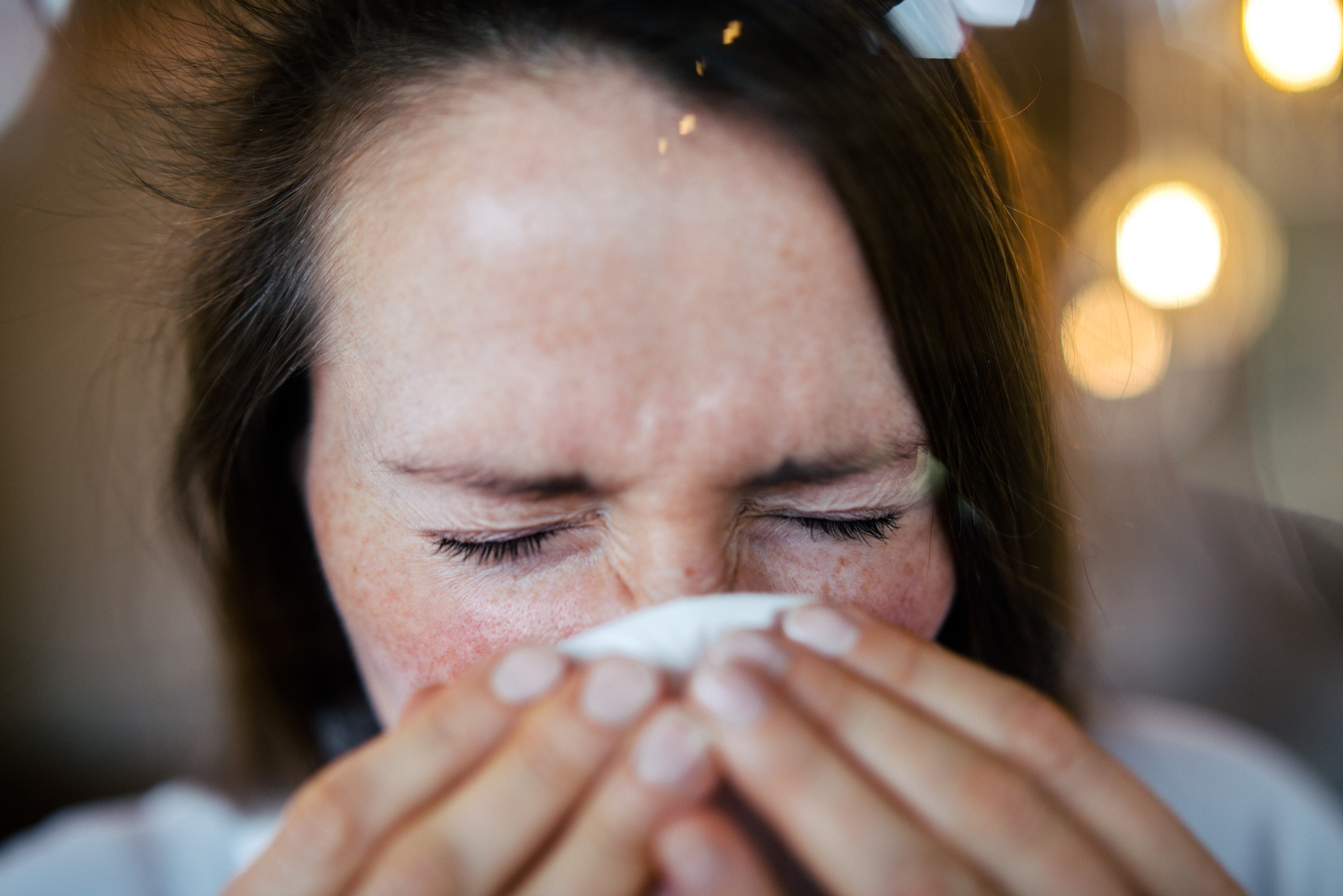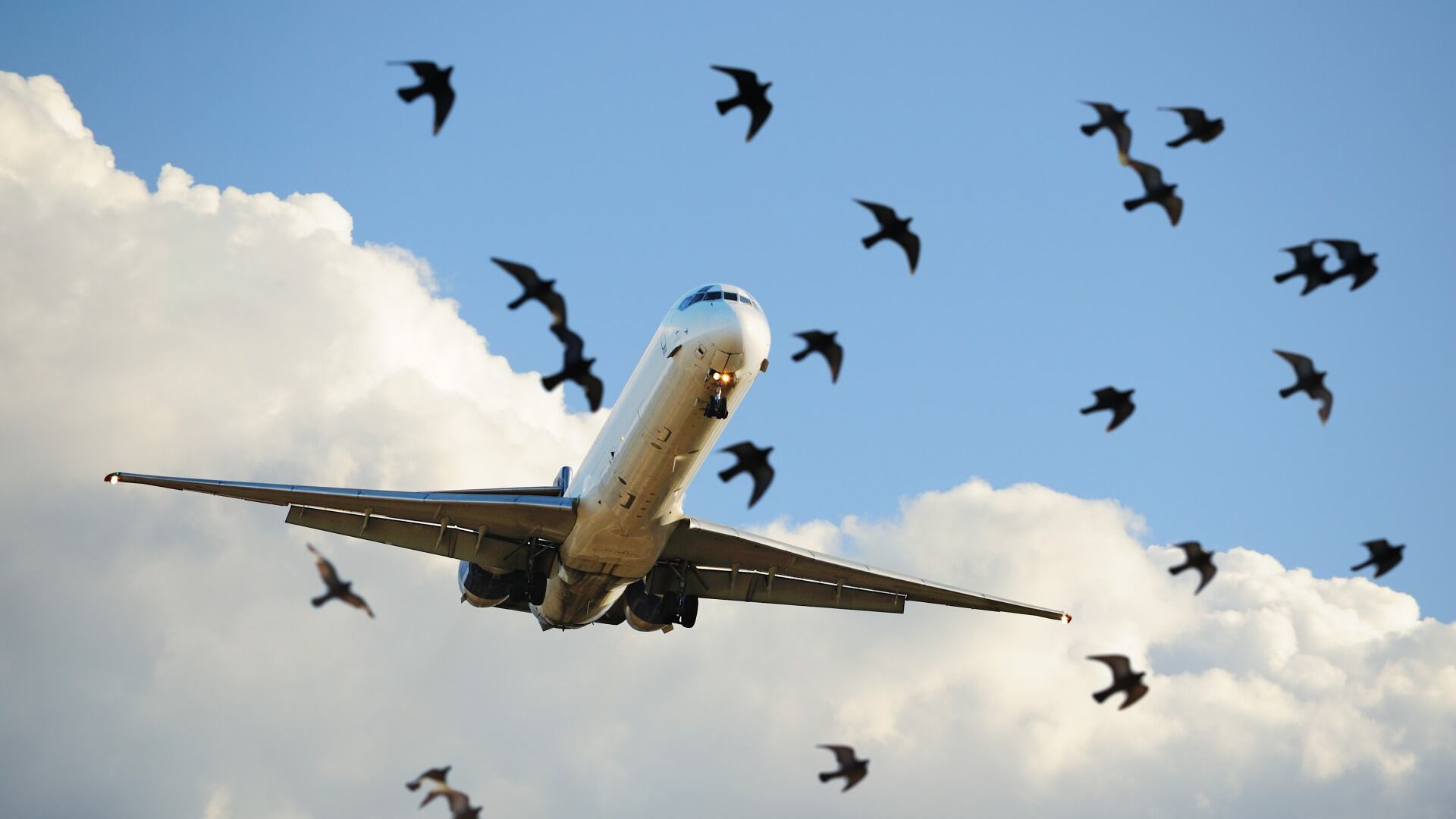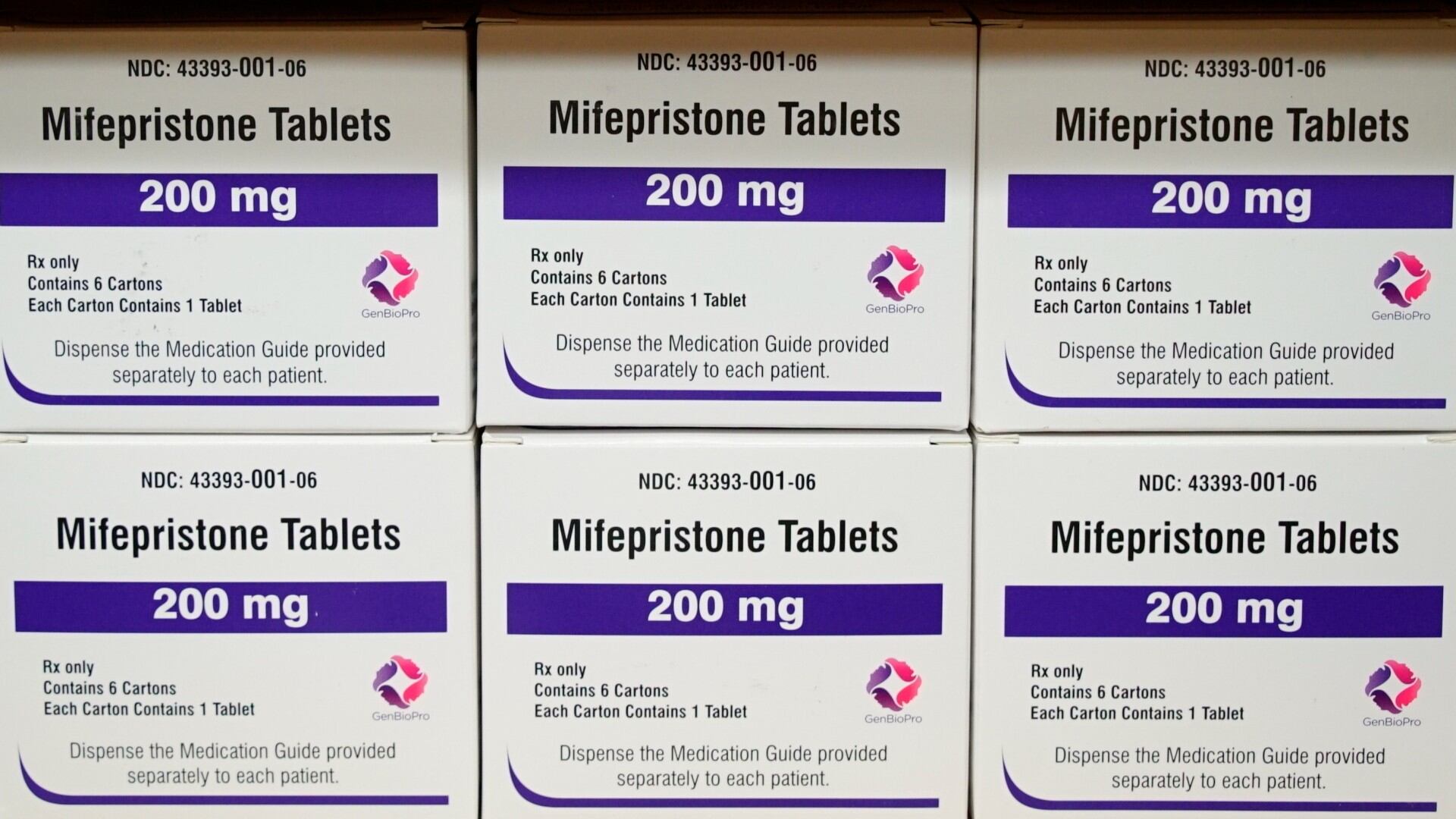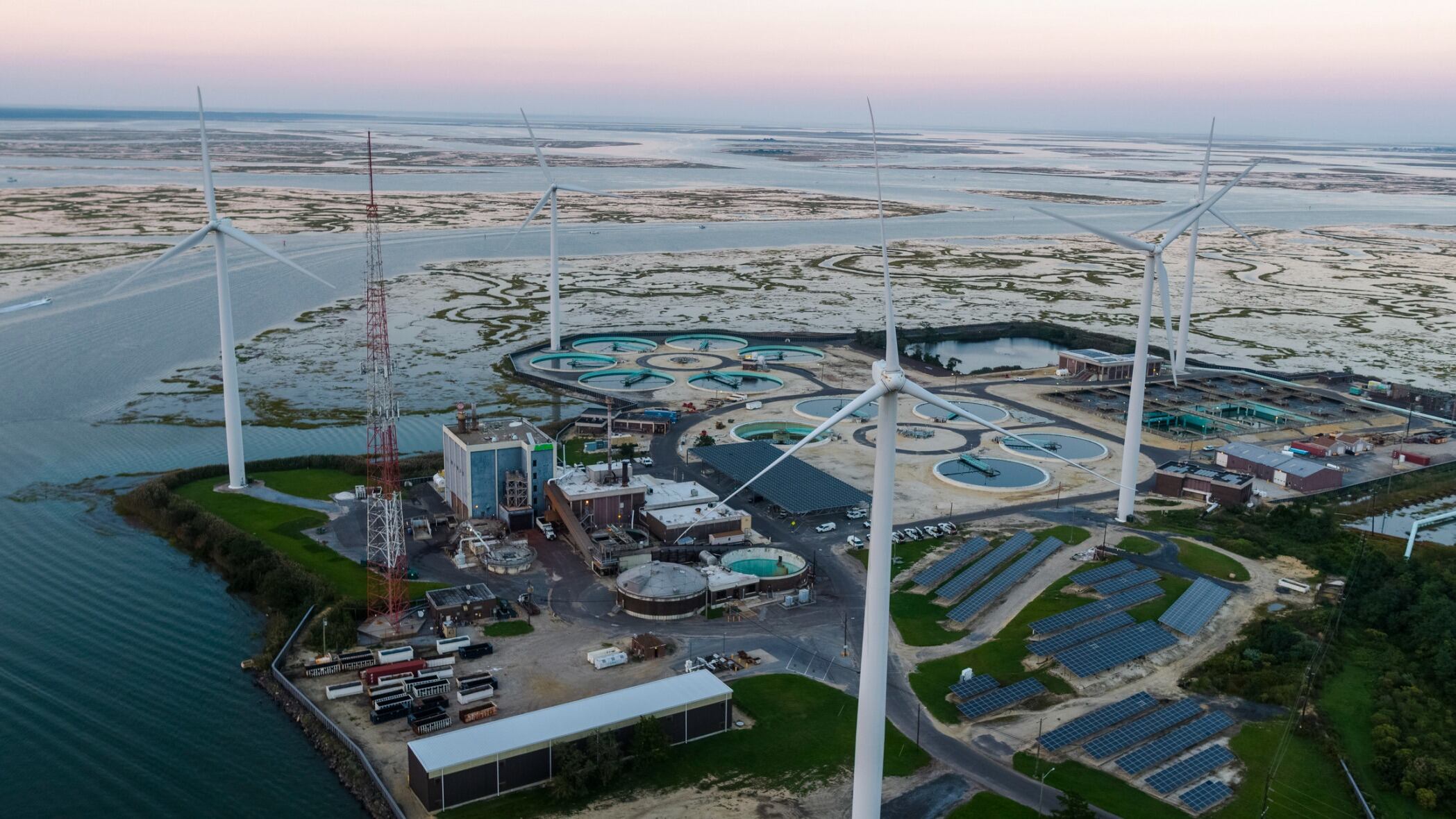As COVID-19 continues to evolve, the Food and Drug Administration is proposing plans to roll out an updated vaccine every year going forward.
The agency is suggesting experts select a specific strain of the virus each spring and introduce the vaccine to the market by September — similar to annual flu shots.
The FDA will also recommend that most people get just a single yearly jab, though older adults, immunocompromised people, and very young children may still need two doses.
The agency will request input from a panel of vaccine experts on Thursday, but the plan aligns with the recommendations the Biden administration announced last year. In September, Rochelle Walensky, the director of the Centers for Disease Control and Prevention, said that annual shots could save thousands of lives.
"Modeling projections show that an uptake of updated COVID-19 vaccine doses similar to an annual flu vaccine coverage early this fall could prevent as many as 100,000 hospitalizations, 9,000 deaths, and save billions of dollars in direct medical costs," she said.
However, reception to booster shots has been cool. Though four out of five Americans have received at least one dose, only 16 percent of those eligible have gotten the latest booster, which was released in August.
So far, there have been more than 100 million confirmed cases and greater than one million COVID-19-related deaths, according to Johns Hopkins University.
Melissa Whitely, personal trainer for Life Time Fitness, spoke with Cheddar News about the importance of recovery following a tense workout session. "If we're not going through the proper recovery methods, we can have undue pain, discomfort, tightness in our muscles and all those other things we can avoid," she said.
Dr. Payel Gupta, medical director of allergy, asthma, immunology & ENT for LifeMD.com, joined Cheddar News to discuss some tips on how to cope with allergy season. "With the warmer temperatures, we're seeing that the seasons arrive sooner and actually last longer, and also the elevated CO2 levels actually cause the plants to release more pollen," she said.
A new survey from the National Council for Mental Wellbeing shows that four in five behavioral health workers were concerned that labor shortages in their field “negatively impact society as a whole.”
Food and Drug Administration regulators on Tuesday approved a first-of-a-kind drug for a rare form of Lou Gehrig’s disease, though they are requiring further research to confirm it truly helps patients.
How Accelerated Glacier Melting Is Impacting Rising Sea Levels
A Japanese company's attempt to land a spacecraft on the moon has apparently failed. Flight controllers lost contact Wednesday with the lander after it descended from lunar orbit, aiming for the dusty surface.
A bird strike sparked an engine fire on a plane shortly after takeoff from an Ohio airport on Sunday.
The Supreme Court on Friday preserved women’s access to a drug used in the most common method of abortion, rejecting lower-court restrictions while a lawsuit continues.
Buick's Global Vice President Talks Development of 'Envista,' Gas-Powered Cars
Peter Krull, a partner and director of sustainable investing at Prime Capital Investment Advisors company Earth Equity Advisors, joined Cheddar News to give some tips on green investments.












